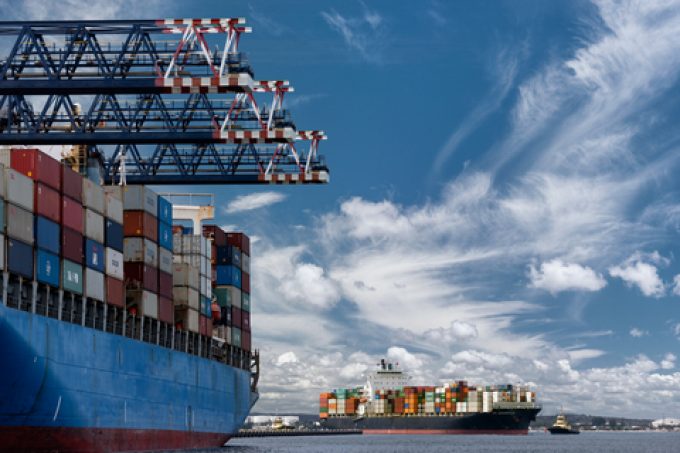Shipping Australia calls for reform of industrial relations
As industrial action by an Australian dockworkers’ union against terminal operator Qube is set to ...

Proposed changes to terminal access charges in Australia have met with stinging criticism from shipping interests who condemned it as “a truly awful policy”.
In a speech to the Australian Productivity Commission, which in September published the first draft of its Lifting Productivity at Australia’s container ports: between water, wharf and warehouse report, Shipping Australia CEO Melwyn Noronha said forcing shipping companies to pay terminal access charges “is a terrible recommendation”.
He said: “It amounts to a further subsidy of a sector, ...
Asia-USEC shippers to lose 42% capacity in a surge of blanked sailings
USTR fees will lead to 'complete destabilisation' of container shipping alliances
New USTR port fees threaten shipping and global supply chains, says Cosco
Outlook for container shipping 'more uncertain now than at the onset of Covid'
Transpac container service closures mount
DHL Express suspends non-de minimis B2C parcels to US consumers
Zim ordered to pay Samsung $3.7m for 'wrongful' D&D charges
Flexport lawsuit an 'undifferentiated mass of gibberish', claims Freightmate

Comment on this article